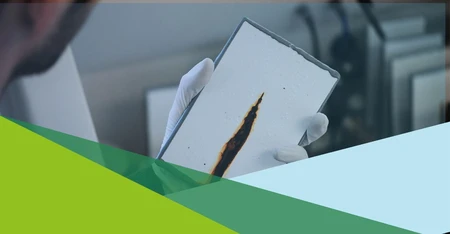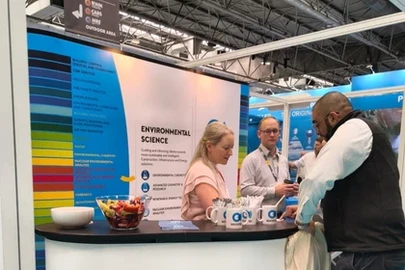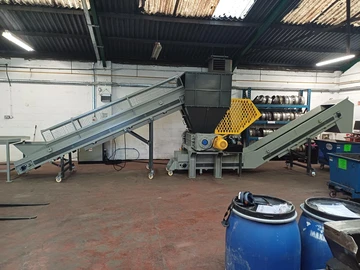Need some advice?
Leave your details and we will get in touch.
I want to be contacted by an expert1 /
Regulatory Position Statement 298 (RPS 298), issued by the Environment Agency in the UK, provides guidance on the classification of excavated waste from street and utility works, particularly in situations where pre-removal sampling is not feasible.
Under this regulation, waste may be transported without prior classification, provided specific conditions are met to prevent pollution and protect human health. However, RPS 298 does not apply to hazardous waste, including materials containing visible asbestos or petroleum hydrocarbons.
For those managing excavation waste, compliance with classification requirements is essential to mitigate legal, financial, and environmental risks. RPS 298 is scheduled for withdrawal on 30 September 2025.
The decision to withdraw RPS 298 reflects its original intent as a temporary measure, designed to support reactive works where pre-excavation sampling was impractical. However, repeated extensions have delayed sector-wide investment in compliant processes, raising concerns around environmental harm, regulatory inconsistency, and long-term planning uncertainty
Street Works UK (SWUK) is an organisation that represents the street and utility works sector in the UK. It provides guidance, policies, and protocol to help companies comply with regulations while carrying out excavation and maintenance work on roads and infrastructure.
One of Street Works UK’s key contributions is the Material Classification Protocol, designed to help classify excavated waste from street works. This protocol was developed to provide a long-term, sector-specific alternative to RPS 298, ensuring that waste is properly assessed and managed. It uses a risk-based approach, allowing companies to determine whether waste is hazardous or non-hazardous based on site conditions, sampling, and assessment methods.
Following the withdrawal of RPS 298, SWUK’s protocol will become even more important for compliance and environmental protection. If you're involved in street works, it’s worth familiarising yourself with the new guidelines
Street Works UK (SWUK) plays a key role in aligning street work practices with UK regulations, ensuring compliance with laws like the New Roads and Street Works Act 1991 (NRSWA) and the Traffic Management Act 2004 (TMA).
Here’s how SWUK connects to other regulations:
The withdrawal of RPS 298 on 30 September 2025 will have several implications for street and utility works:
With the deadline approaching, businesses involved in street works should start preparing now to avoid legal, financial, and operational risks. Delaying preparation could lead to costly last-minute infrastructure changes, workforce disruption, and non-compliance. The most affected industries will include:

Ensuring compliance after the withdrawal of RPS 298 is essential for maintaining operational efficiency and avoiding costly delays or penalties. By partnering with us as a single provider for lab testing, technical support, consultancy, and sampling, you can streamline your waste classification process, reducing administrative burdens and improving accuracy.
Our colour-coded reports and visual data uploads enhance tracking and management of sampling, allowing for clearer insights and more effective decision-making. Additionally, our integrated system supports seamless operational rollout across depots, contractors, or service lines, ensuring consistency and efficiency across all projects. These benefits help safeguard compliance while optimising workflow and resource management.
Katy joined SOCOTEC in 2010 as an account manager for our Environmental Science Division after having achieved a 1st class honours degree in Forensic Science at the University of Derby. Katy has since gained experience in various areas of the business working closely with clients and a wealth of knowledge to the team, specialising in waste management, environmental engineering and compliance.
Tara joined SOCOTEC in 2023, and has worked collaboratively with the wider Environmental Science division, specifically supports our utilities and infrastructure clients in responding to regulatory change and operational demands around excavation waste. Regularly engaging with Tier 1 contractors and technical stakeholders across the UK, she helps clients interpret emerging protocol such as SWUK and align their sampling and classification practices with evolving compliance frameworks.
Dan is an experienced Business Development professional with a demonstrated history of working in environmental services, primarily asbestos, hazardous materials and contaminated land across a multitude of sectors, industries and major construction and infrastructure projects.








